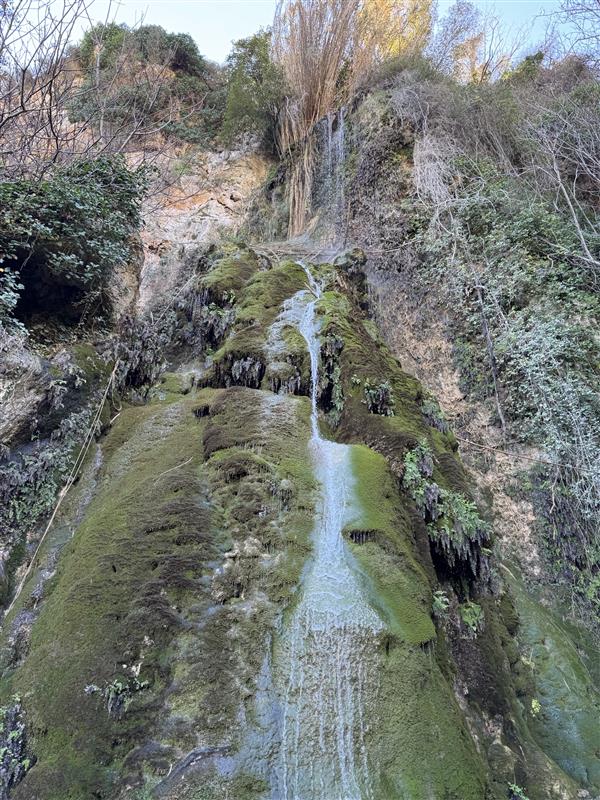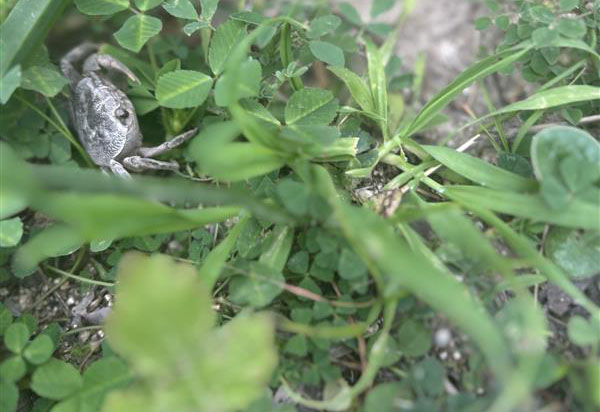Year 9 students from The International School of Paphos, as part of the Young Reporters for the Environment (YRE) Programme, an international network and platform for young people to investigate, research and share solutions to global environmental issues, explored the effects of Biodiversity Decline in Cyprus. What did they discover? How does it impact upon our future?
Biodiversity decline – a serious threat to humans and animals. But what exactly is biodiversity decline? This decline refers to different types of living organisms gradually becoming fewer in number. Some of the causes could be human activities such as pollution, deforestation, global warming and overfishing or even natural causes such as natural disasters. So how did we test our theory about the effects of Biodiversity Decline in Cyprus?
At the beginning of January, we started planning our first steps for this adventure. However, while we were researching, we stumbled upon questions we couldn’t find answers to. After a lot of thinking, we decided there was no better option than to visit the experts themselves. Terra Cypria, the biggest environmental organisation in Cyprus, gave us an amazing opportunity to interview Koulla Michael – the executive director of Terra Cypria. After an eye-opening interview, we finally got the answers we were looking for. A few of the main questions upon which we were enlightened included:
• Is Biodiversity a serious problem now? Is the change of temperature affecting Biodiversity Decline?
• Should we focus on this challenge now and not leave it for the future, by when it will be a huge problem?
• Should we think about it now?
The answers to all three of those were YES. Yes, because even though people don’t take smaller animals into consideration, food chains depend on them. Yes, because animals which are breeding can’t adapt to the high temperatures fast enough. Yes, because we should have thought about biodiversity decline 50 years ago so we are already late.
To conclude, biodiversity decline is one of the many environmental threats we face today. It is one we should be confronting now as by acting on it, we will be taking a significant step closer to improving life on Earth for all living organisms. From this experience, we gained the skills of collectively contributing towards the world while sharing our insight and research with other people.
Ways that we all can contribute to protecting biodiversity in Cyprus include
• supporting conservation organisations by volunteering or donating. These organisations often lead to initiatives that preserve endangered species and protect habitats.
• We can all practise living in a more sustainable way by reducing waste and plastic use, conserving energy and supporting local farming practices.
• Take part in local clean-up events that keep our island pristine and saves species from pollution and waste.
• Advocate for stronger environmental policies, educate others and support educational research.
• Support aco-tourism.
• Promote active citizens’ projects like monitoring and recording native species, as well as conducting environmental surveys.
• Report illegal activities that endanger biodiversity!
• And, lastly, do your part in preserving endemic plants and wildlife.
It is important for everyone to be aware of the problem of biodiversity decline in Cyprus because the loss of species and ecosystems affects not only the environment but also the well-being of all people. Biodiversity is the foundation of healthy ecosystems that provide essential services like clean air, water, food, and medicine. If we fail to protect these natural resources, it will directly impact our quality of life, as well as the economy and public health. We all have a responsibility. Remember that one small decision that you make today affects endless generations that are to come. Act now!
The research, writing and photographs of this article were conducted by The International School of Paphos (ISOP) Year 9 Students: D. Teichman, A. Kau, O. Kovalchuk and E. Sigoulaki – under the guidance of Geography Teacher and Eco-School Coordinator Marina Sophia Flevotomas

Waterfall at Kritou Terra (Olha Kovachuk)






Click here to change your cookie preferences